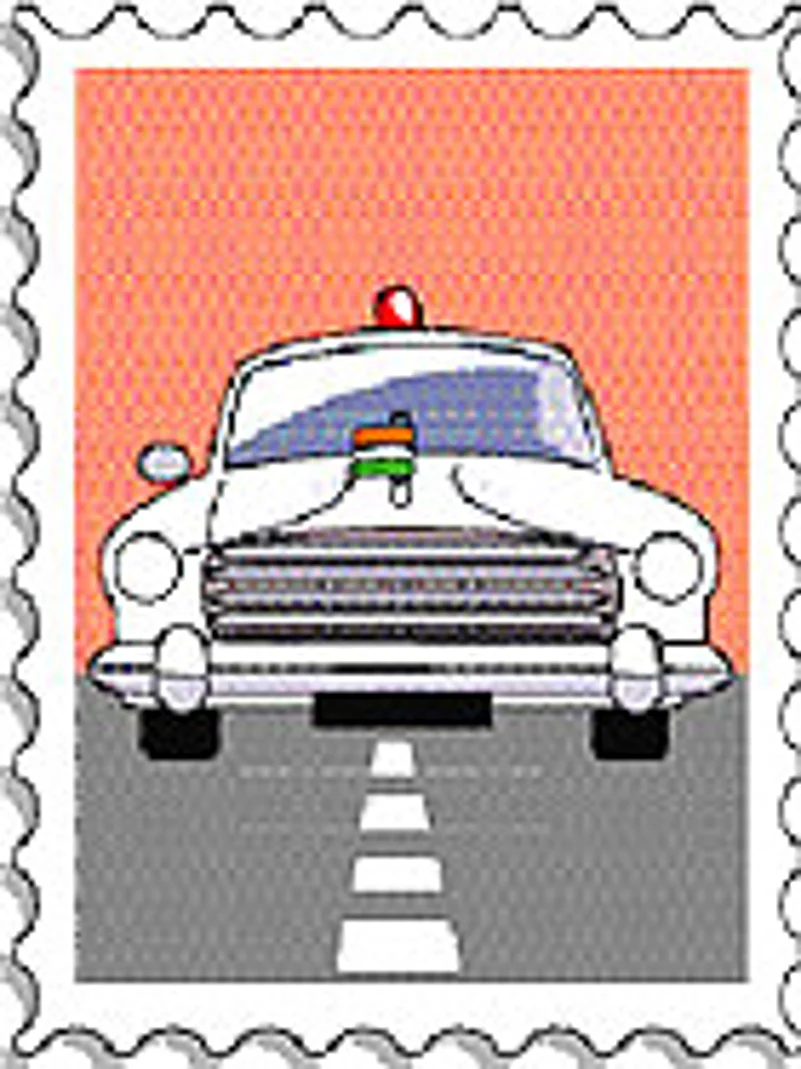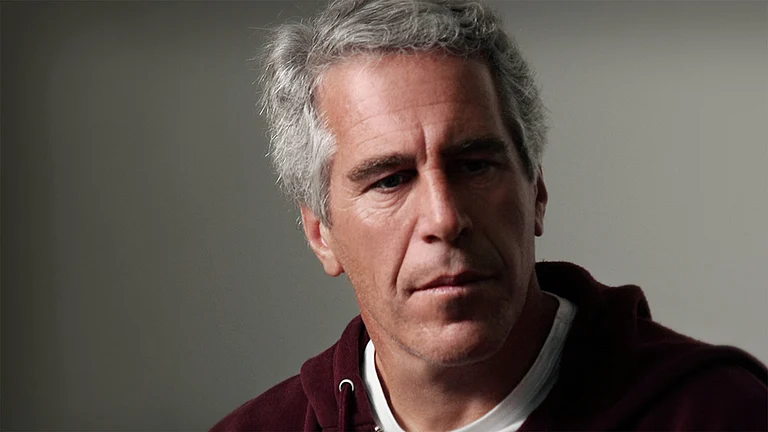
Occupational Hazards
Possibly the most fatuous and self-defeating rule in journalism is dog does not bite dog. If dog had bitten dog, perhaps the media would not have been in the turmoil it currently is. This self-imposed abstinence means that while the media believe they have a mandate to investigate and expose others, self-investigation is considered tantamount to treachery.
Those who have been reading me will know that for 30 years and more I have been emphasising one single point: journalists and politicians are natural adversaries. The former, broadly speaking, are in the business of truth, or getting as close to the “truth” as possible. The latter, broadly speaking, are in the business of obfuscation, half-truths, evasion, spin and, sometimes, lies. Since journalists are not Trappist monks, there is little reason for them to be aloof from or hostile to those who govern us. Andrew Marr of the BBC sums it up well, “I want to see the inside of their (politicians’) homes and know their inner thoughts. Also, there are politicians I both like and admire—which is essential if you are going to be interesting about politics. For a journalist it would be rather unsatisfactory observing something one loathed.”
Certainly, it is a tricky relationship and I freely acknowledge it is one which editors have to necessarily cultivate. I wish I had a set of “ten commandments” to offer. Alas, each one of us must design his/her own strategy to ensure the “source” appreciates that the friendship will not stop you from being critical. Gup-shup, gossip, “has Sonia found a girl for Rahul to marry” or “when is the PM going to call it quits” type of conversation is permissible, indeed useful. But one has to draw the Lakshman-rekha. For me the Lakshman-rekha, which has stood the test of time, is never ask a source for a favour; do the source a favour, if you can, without compromise.
In the 15th anniversary issue of Outlook I stressed once again “...I have been mocking the pomposity and pretensions of editors who not only think they are infallible but believe they set the national agenda. It is a pathetic fantasy. All we journalists have are the best seats in the tournament: we are privileged spectators, not players.”
Flattered to Deceive
Doubtless, the temptations of moving from spectator to player are extremely potent. Assuming the temptations do not include the handing over of brown envelopes, vanity is generally the biggest spur. There is no species on terra firma more susceptible to flattery than journalists. And there is no species on terra firma more intolerant of criticism, however slight, than journalists. (I should know. I have been on the receiving end in the past few weeks.) The best way to insult a journalist is to tell him that the article or story he thinks is earth-shattering has escaped your attention. Benign neglect is traumatic for the journalist’s ego.
Being a go-between, carrying messages, interlocuting gives some journalists a terrific kick. It also gives them a feeling that they are privy to secret information and performing some vital national service. I forget how many times I have heard one hack say of another in a reverential tone, “He is very close to...”. The envied hack could be close to a criminal or crooked minister. That does not matter. What matters is that he is “close”.
Source of All Susceptibility
I have avoided television debates on the Radia tapes not out of funk but because most of the media people mentioned are friends. Moreover, I dislike getting on a soap-box and lecturing colleagues on the dos and don’ts of journalism. Least of all do I wish to get into a slanging match of the type witnessed during the questioning of Barkha Dutt on NDTV. Vir Sanghvi I have known since the early 1980s. When I was unemployed, he gave me a column in Sunday. Barkha I know less well. Her rise and rise as an anchor and editor has been astonishing and fully deserved. The others too I know and regret they have become casualties in an ugly but critical controversy which shows us as a “banana republic”. One of the positive results of the Radia affair is that we journalists will henceforth surely be more alert to the designs of fixers and lobbyists lurking in the corridors of power. The whole business of “sources” is a minefield. Are we using the source or is the source using us?
I once met Niira Radia briefly in office. As soon as I saw her, something in my gut told me, here comes Calamity Jane. I passed her on to my business editor after a few polite words.
Divine Arclightlessness
The last fortnight has been close to bliss. Because there are no TV crews hanging around the house, Editor is not locked up for long periods and I am having rather pleasant and prolonged conversations with my wife in the evenings. My dog is happy, my wife is happy. What more could I want!




















